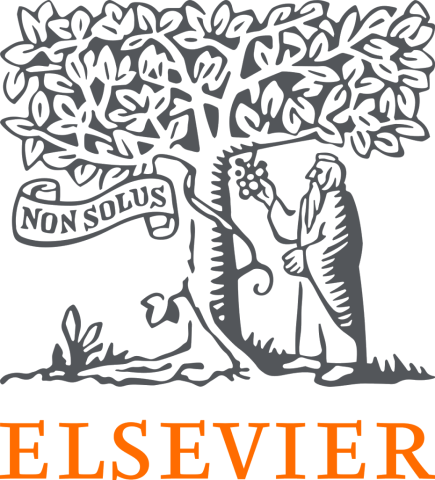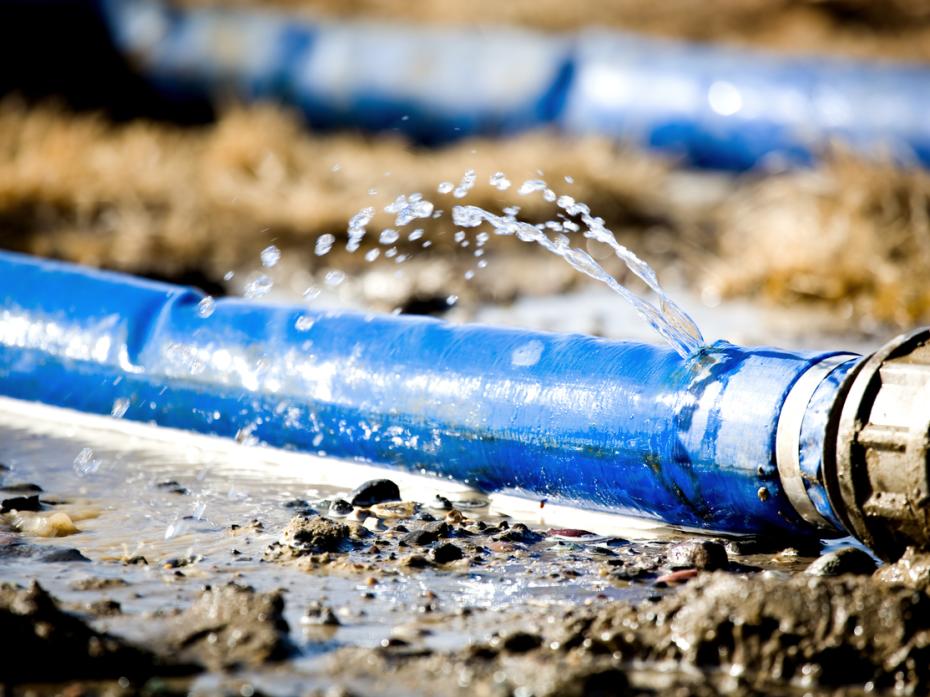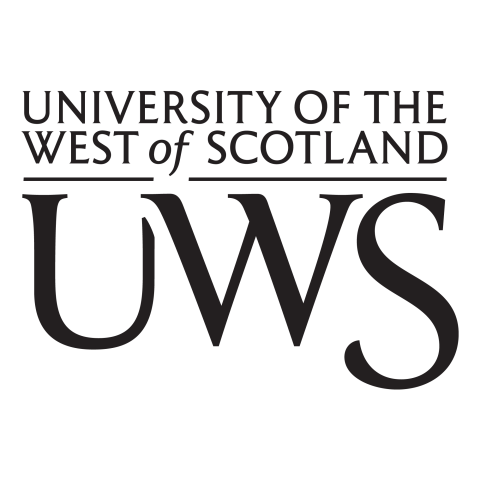
The foundations of a successful knowledge transfer partnership
By collaborating with businesses, researchers can apply their expertise to real-world problems with tangible outcomes. Here, academics outline how they established an effective knowledge transfer partnership to reduce water waste
Research management
Sponsored by

Elsevier helps researchers and healthcare professionals advance science and improve health outcomes for the benefit of society.
You may also like
Popular resources
Knowledge transfer partnerships (KTPs) offer a unique way for UK universities and businesses to collaborate and address real-world challenges. An innovative KTP between the University of the West of Scotland (UWS) and artificial intelligence (AI) firm FIDO Tech resulted in an improved system for locating water pipe leaks. This, in turn, has the potential to reduce water loss around the globe.
FIDO Tech specialises in developing AI solutions for water utilities with an AI tool that can identify underground pipeline leaks. The tool is unique in its ability to assess the size of leaks from their acoustic signature alone. The technology aims to combat global water loss by providing faster, more accurate leak detection.
As part of their mission to create a world without water scarcity, FIDO’s founders were seeking further academic rigour in the computation around the correlation process.
Correlation is the ability to locate a noise between two points. The location is calculated using the time taken for the sound to travel to those points. In FIDO’s case, the challenge was to accurately synchronise acoustic data capture of a leak noise using sensors placed on pipelines.
At UWS, the Digital Connectivity and Innovations for Sustainable Futures research group is led by Muhammad Zeeshan Shakir, a professor of wireless communications with technical expertise in machine learning algorithms. This background makes the research group an ideal partner to collaborate with FIDO Tech on the Innovate UK-funded project.
- Spotlight guide: From the lab to life: how to demonstrate research excellence
- It’s time to turn the tide on our clean energy ambitions
- Campus podcast: knowledge exchange and data management as drivers of research and innovation
Begin with a shared vision and clear objectives. In FIDO’s case, the goal was straightforward but ambitious: to reduce the world’s water loss by accurately detecting underground leaks. About 30 per cent of the world’s drinking water is lost from pipelines before it reaches a tap – a huge issue with implications for climate change and water scarcity around the world.
The team, made up of UWS researchers, FIDO Tech staff and an Innovate UK knowledge transfer adviser, set clear targets that aligned with broader global challenges linked to Sustainable Development Goals (SDGs). For instance, reducing water waste plays a critical role in achieving SDG 6, which focuses on clean water and sanitation. FIDO’s goal of developing a more efficient leak detection system also supports SDG 9, which promotes industry, innovation and infrastructure, and SDG 11, which aims to create sustainable cities and communities. Anchoring the project around these global goals helped maintain a unified sense of direction and purpose.
Establish a strong multidisciplinary team. This will bring benefits to your KTP by broadening the expertise available. In this partnership, Professor Shakir contributed expertise in cloud computing, while the FIDO team brought their own AI expertise as well as deep industry knowledge of its operational application in water network systems.
There were a lot of technical challenges including working with a variety of water pipe materials, with variable conditions, environments, and pressures. Our diverse team meant we could solve problems from multiple angles, overcoming challenges to deliver a solution.
Adaptability is crucial for overcoming inevitable challenges in any project. By working flexibly, the team was able to develop a Cloud Correlation solution, which works in a range of environments. The project began during Covid-19, making it necessary for the early development stages to be conducted remotely, with the company headquartered in England and the UWS team based at the Paisley campus.
The team needed to develop a water leak detection and sizing framework that was scalable and compatible with existing industry protocols to ensure smooth adoption of the technique. Success relied on staying open to adjustments and focusing on practical, real-world solutions.
Keep the end user in mind when developing a product, tool or process. While developing cutting-edge technology is often essential, ensuring it can be used effectively by those who need it is just as important. In this KTP, the combined project team focused on making Cloud Correlation easy to deploy in the field. This user-friendly approach allows engineers to carry out leak location much more efficiently than before.
The project’s success was magnified through media coverage, including featuring on the BBC’s Click. This visibility not only demonstrated the impact of the technology but positioned both UWS and FIDO Tech as leaders in this field.
Engaging stakeholders early and often is critical. We partnered closely with Microsoft on its water positive initiative and other UK and US based water supply companies to ensure the project aligned to their needs by reducing clean water loss in underground water pipe networks.
So, to summarise, running a successful KTP requires clear objectives, a multidisciplinary team, adaptability, and a focus on practical, scalable solutions. By measuring and communicating impact effectively you can ensure that your KTP delivers both innovation and real-world benefits. Whether addressing global challenges like water scarcity or more localised issues, these principles will help steer your partnership towards long-term success and impact.
Muhammad Shakir is a professor of wireless communications in the School of Computing, Engineering and Physical Sciences and director of the Digital Connectivity for Sustainable Futures Research Group at the University of the West of Scotland (UWS).
Jawwad Latif is an honorary research fellow within the School of Computing, Engineering and Physical Sciences and formerly a KTP associate and data scientist at UWS and FIDO Tech Ltd.
UWS was shortlisted for Knowledge Exchange/Transfer Initiative of the Year at the Times Higher Education Awards 2024 #THEAwards. A full list of shortlisted candidates can be found here.
If you would like advice and insight from academics and university staff delivered direct to your inbox each week, sign up for the Campus newsletter.
Research management
Sponsored by



.jpg?itok=AzkS4Yr_)

Comments (0)
or in order to add a comment